Human Chorionic Gonadotropin (HCG) Injection Benefits for Men
Evidence Based
All the information in this blog post is accurate, trustworthy, scientifically based and has been written and fact-checked by our experts and doctors.
Our licensed nutritionists and dietitians are committed to being objective, unbiased and honest, presenting all sides of the argument.
This article includes scientific references in brackets, which are clickable links to research papers from reputable academic organizations.

Human Chorionic Gonadotropin (HCG) is a hormone naturally produced by the body during pregnancy. Males naturally have very small amounts of HCG in their bodies, while females have significant amounts only during pregnancy. HCG helps maintain pregnancy and fetal growth & development. In men, the testes produce a very small amount of HCG. This HCG plays a minor regulatory role in testosterone production.
Human Chorionic Gonadotropin (HCG) Potential Uses in Men
It's available as an injectable medication used for various purposes in both men and women. It is not available in the tablet format, because it is a hormone made of protein blocks and would be digested in the stomach and intestine.
In Men, HCG offers specific benefits and uses.
1. Increasing Testosterone Production:
- HCG can stimulate the Leydig cells in the testicles to produce more testosterone.
- This can be helpful in men with hypogonadism, a condition where the body doesn't produce enough testosterone.
- Symptoms of low testosterone in men can include low libido, erectile dysfunction, fatigue, and muscle loss.
2. Treatment for Undescended Testicles (Cryptorchidism):
- In young boys, HCG can sometimes help with undescended testicles.
- Normally, testicles descend from the abdomen into the scrotum before birth.
- HCG injections may help stimulate the descent of undescended testicles in some cases.
3. Fertility Treatment (Adjunct Therapy):
- In some cases of male infertility, HCG might be used alongside other fertility medications.
- It can help stimulate sperm production, potentially improving sperm count and motility.
By How Much can HCG Injections Increase Testosterone?
The increase in testosterone levels varies depending on several factors, including:
- Baseline Testosterone Levels: Men with very low testosterone may experience a more significant increase than those with moderately low levels.
- Dosage of HCG: Higher HCG doses may lead to a greater rise in testosterone, but there's a limit, and exceeding recommended dosages can be counterproductive.
- Individual Response: Men may respond differently to HCG injections. Some might experience a significant testosterone boost, while others might see a more modest increase.
Is a 100% Testosterone Levels Increase Realistic?
A 100% increase in testosterone levels from HCG injections is generally not realistic for most men. Studies typically show increases in the range of 200-500% from baseline levels, but this depends on the factors mentioned above.
It should be noted that the testosterone-boosting effects of HCG are typically temporary, lasting for a few weeks after the injection. Regular injections might be needed to maintain elevated testosterone levels. HCG doesn't directly replace testosterone. Men with severe testosterone deficiency may still require testosterone replacement therapy (TRT).
Important Considerations:
Not a Testosterone Replacement: While HCG increases testosterone production, it doesn't directly replace testosterone.
Men with severe testosterone deficiency may still require testosterone replacement therapy (TRT).
Temporary Effects: The testosterone-boosting effects of HCG are typically temporary, lasting for a few weeks after the injection.
Potential Side Effects: Like any medication, HCG can have side effects, including pain at the injection site, headache, fatigue, and breast tenderness.
Not a Magic Bullet: HCG is not a guaranteed solution for all male fertility or testosterone deficiency issues. It should be used under the supervision of a healthcare professional.
Alternatives for Low Testosterone:
If HCG is not the best option for a man with low testosterone, other treatment options might be considered, such as:
- Testosterone Replacement Therapy (TRT) in various forms (gels, patches, injections)
- Some nutraceuticals or daily supplements, some natural & herbal extracts have also been proven to improve Testosterone levels in men when taken regularly everyday, for 3 to 6 months.
- Lifestyle modifications like weight management, exercise, and stress reduction.
It's crucial to consult with a doctor to determine the best course of action for low testosterone. They can assess your individual situation, perform necessary tests, and recommend the most appropriate treatment plan, considering factors like your overall health, symptoms, and desired outcomes.
Also Read the Articles:
Disclaimer: The information provided on this page is not a substitute for professional medical advice, diagnosis, or treatment. If you have any questions or concerns about your health, please talk to a healthcare professional.
 Evidence Based
Evidence Based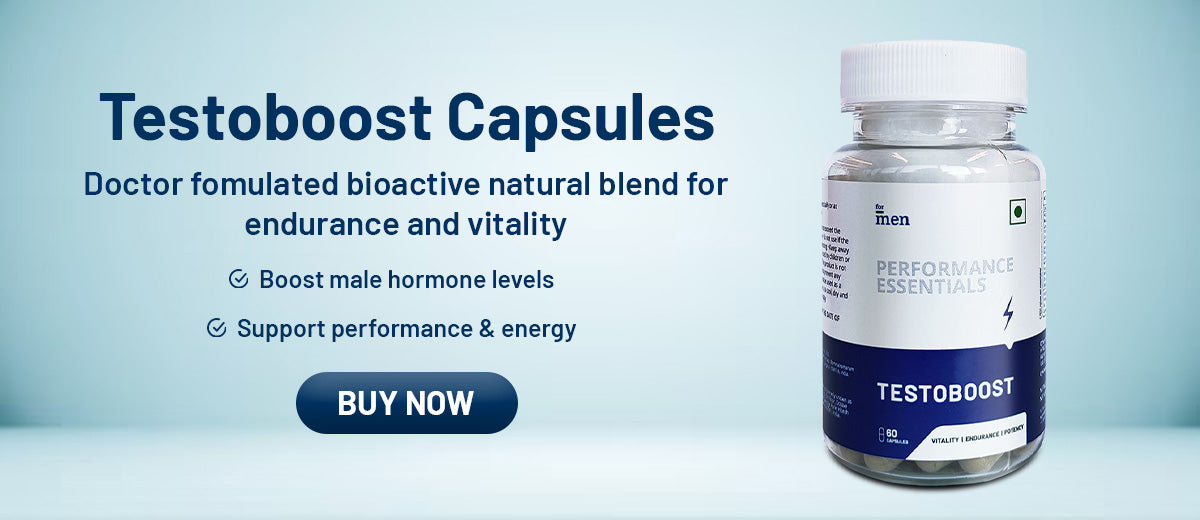
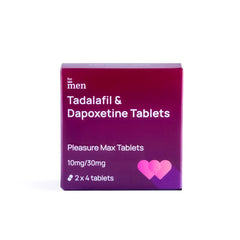
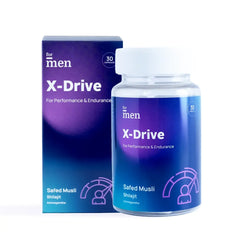
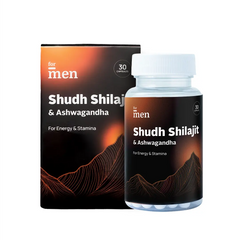
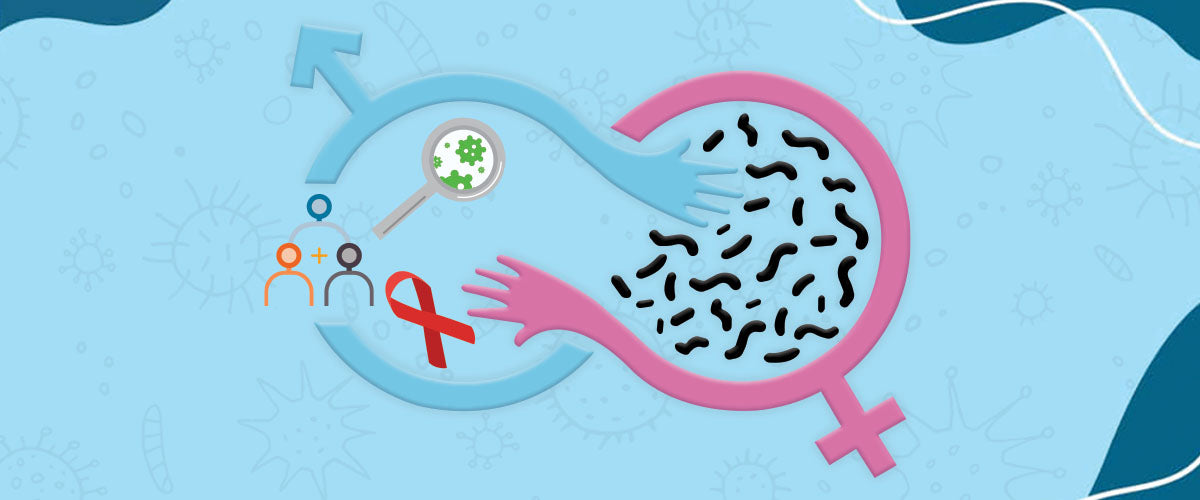


Leave a comment